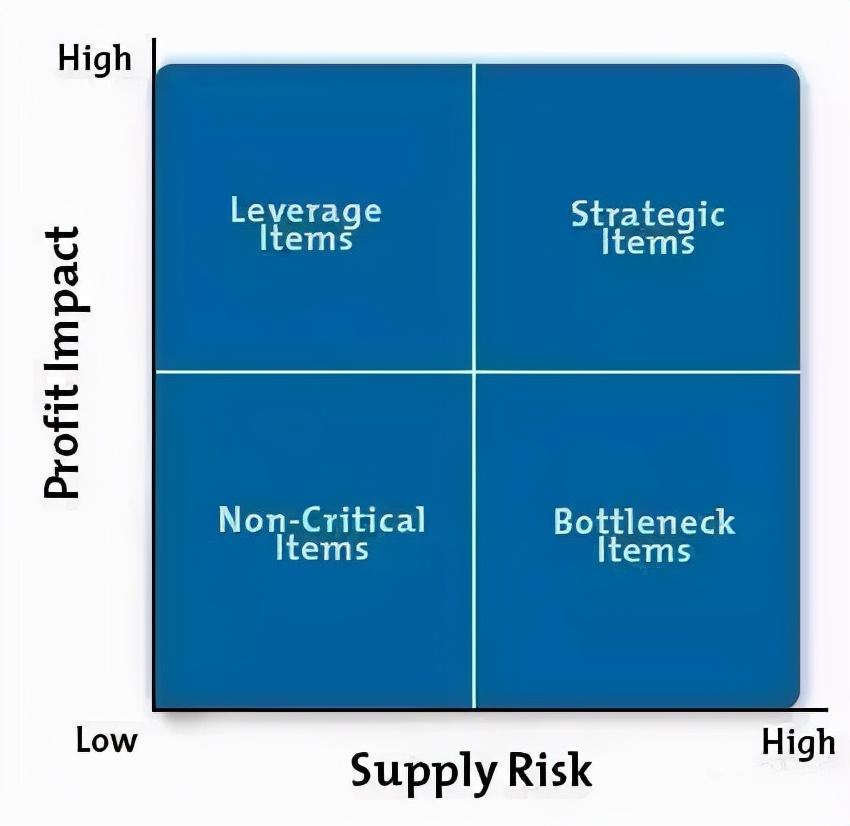"The Impact of Pet Nonprofit Organizations on Animal Welfare and Community Engagement"**
Guide or Summary:Pet Nonprofit OrganizationsAdvocacy and AwarenessRescue and RehabilitationCommunity EngagementEducational ProgramsFundraising and SupportPe……
Guide or Summary:
- Pet Nonprofit Organizations
- Advocacy and Awareness
- Rescue and Rehabilitation
- Community Engagement
- Educational Programs
- Fundraising and Support
Pet Nonprofit Organizations
Pet nonprofit organizations play a crucial role in advocating for animal rights, providing shelter for homeless pets, and promoting responsible pet ownership. These organizations often rely on donations, volunteers, and community support to carry out their missions. They focus on various aspects of animal welfare, including rescue operations, spaying and neutering programs, and educational outreach. By understanding the multifaceted contributions of pet nonprofit organizations, we can appreciate their significance in fostering a compassionate society for both pets and people.
Advocacy and Awareness
One of the primary functions of pet nonprofit organizations is to raise awareness about the issues facing animals in our communities. Many organizations engage in advocacy efforts to influence legislation that protects animal rights. They might campaign against puppy mills, promote the importance of adopting pets from shelters, or push for stricter regulations on animal cruelty. Through social media campaigns, community events, and partnerships with local businesses, these organizations educate the public about the importance of animal welfare and encourage responsible pet ownership.

Rescue and Rehabilitation
Pet nonprofit organizations are often at the forefront of rescue operations, saving animals from dire situations. Whether it’s rescuing strays from the streets or helping animals displaced by natural disasters, these organizations provide a safe haven for pets in need. Once rescued, animals typically receive medical care, rehabilitation, and socialization before being placed in loving homes. The process of rescuing and rehabilitating animals not only saves lives but also enriches the community by reducing the number of homeless pets.
Community Engagement
Community engagement is another vital aspect of pet nonprofit organizations. Many of these organizations host events such as adoption fairs, fundraising galas, and educational workshops. These events serve to connect the community with the organization’s mission while also providing opportunities for individuals to get involved. Volunteers play a significant role in these organizations, helping with everything from animal care to event planning. By fostering a sense of community, pet nonprofit organizations create a network of support for animals and their human companions.

Educational Programs
Education is a cornerstone of the work done by pet nonprofit organizations. They often develop programs aimed at teaching people about responsible pet ownership, the importance of spaying and neutering, and how to care for pets properly. By providing resources and training, these organizations empower pet owners to make informed decisions that benefit both their pets and the community. Educational outreach can take many forms, including workshops, school programs, and informational materials distributed in the community.
Fundraising and Support
To sustain their operations, pet nonprofit organizations engage in various fundraising efforts. This can include grant writing, hosting fundraising events, and creating partnerships with local businesses. Many organizations also have online donation platforms, making it easier for supporters to contribute financially. The funds raised are crucial for covering the costs of medical care, shelter maintenance, and community programs. Support from the community not only helps these organizations thrive but also fosters a culture of compassion and responsibility towards animals.

In conclusion, pet nonprofit organizations are essential to promoting animal welfare, advocating for responsible pet ownership, and engaging the community in meaningful ways. Their multifaceted efforts—from rescue and rehabilitation to education and advocacy—create a positive impact on the lives of countless animals and their human companions. By supporting pet nonprofit organizations, individuals can contribute to a more compassionate society where animals are treated with the respect and care they deserve. Whether through volunteering, donating, or simply spreading awareness, everyone can play a part in the important work of these organizations.